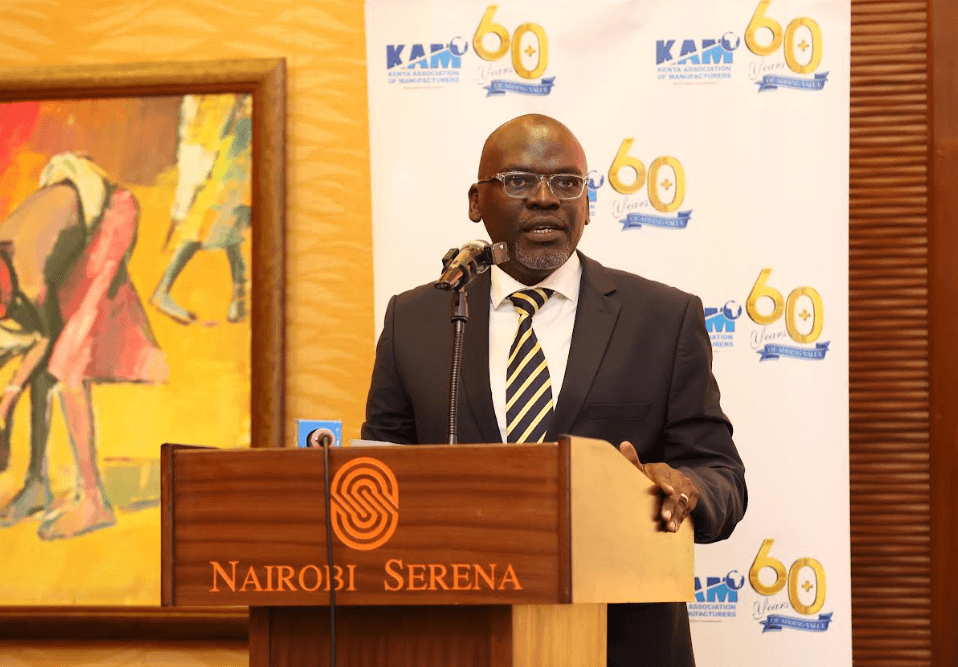
"Education is not the filling of a pail, but the lighting of a fire." — William Butler Yeats
At the inaugural National Retreat for Public University Councils in Mombasa, Higher Education PS Beatrice Inyangala called on public universities to operate like business firms.
National Assembly Education Committee chairperson Julius Melly echoed her sentiments, urging councils to become revenue-generating machines. President Ruto’s economic adviser Moses Kuria went further, declaring: “If a vice chancellor can’t run a university like Safaricom, they don’t belong in that role.”
This rhetoric reflects a dangerous ideological drift – one that seeks to fix the rot in higher education through corporate logic. It is a flawed prescription. A VC is not a CEO. A university is not a business. And education is not a commodity.
The purpose of a university is not to maximise profit, but to nurture critical thought, drive innovation and build a humane and inclusive society. Its success is measured not by revenue, but by the quality of its graduates, research output and public service. When the government urges institutions to adopt enterprise models, it ignores the real causes of our current crisis.
Over the last decade, public funding for universities has collapsed. Government capitation per student, once covering up to 80 per cent of costs, now hovers below 40 per cent. Institutions were told to fill the gap through self-sponsored (module II) programmes. That temporary solution failed when KCSE performance dropped and university admissions changed. The house of cards fell.
“The market can be a tool,” Tanzanian scholar Issa Shivji warned, “but it must never be mistaken for a compass.”
More troubling is the politicisation
of university leadership. VCs are appointed not through merit but political
patronage or ethnic arithmetic. Councils, too, have become reward posts for
loyalists. These are not governance challenges – they are governance failures.
Blaming universities for inefficiency without naming the political system that
engineered it is dishonest.
Universities are drowning in debt because they’ve been forced to operate in a neoliberal vacuum, where public goods are expected to sustain themselves without public investment. That’s not reform. That’s neglect. Higher education, like healthcare, is a public good. It enables citizenship, equity and national development. Shifting the burden onto institutions while stripping them of resources is a contradiction.
Profit-first thinking is also corrosive to the academic mission. Universities begin to commercialise programmes, favouring courses like business or IT that are easier to market, while abandoning disciplines like history, education, or philosophy – subjects essential for nurturing a reflective, democratic citizenry. Research shifts from basic inquiry to short-term consultancy. Admissions become transactional. Education is reduced to a market transaction, not a public responsibility.
“The function of education,” wrote Dr Martin Luther King Jr, “is to teach one to think intensively and to think critically. Intelligence plus character – that is the goal of true education.” That goal is being replaced by monetised metrics.
Morale within public universities is at an all-time low. Lecturers are overworked and underpaid. Support staff are being retrenched. Core services are outsourced in the name of “efficiency.” Meanwhile, a quiet but steady brain drain is under way. Scholars are leaving for better-funded institutions abroad or the private sector. You cannot build a world-class system while devaluing its core asset: its people.
Yes, universities need reform. But not by following Safaricom’s playbook. What they need is a restoration of purpose, independence and stable funding.
We must reinstate predictable government financing that reflects the role of higher education in national development. University leadership must be depoliticised, with VCs and council members appointed through open, merit-based and independent processes. Revenue diversification is necessary – but it must be context-sensitive and mission-aligned. Alumni endowments, public-private research collaborations and international partnerships are more sustainable than haphazard commercialisation.
Academic freedom and institutional autonomy must be safeguarded. And accountability systems must shift focus – from profitability and enrolment numbers to learning outcomes, knowledge production and societal contribution. This isn’t idealism. It is the only viable path to recovery.
As the African proverb cautions: “If you want to go fast, go alone. If you want to go far, go together.” Corporate speed cannot fix structural erosion. Civic solidarity can.
Let us stop pretending that universities can become factories. Safaricom sells airtime. Universities give something far more valuable: the ability to think, to challenge, to innovate, to serve. To treat them as enterprises is not only unwise—it is self-defeating.
If we are serious about rescuing higher education, we must start by treating universities as the cornerstones of an enlightened republic, not as struggling enterprises to be bailed out or privatised. Anything else is not reform. It is surrender.
















